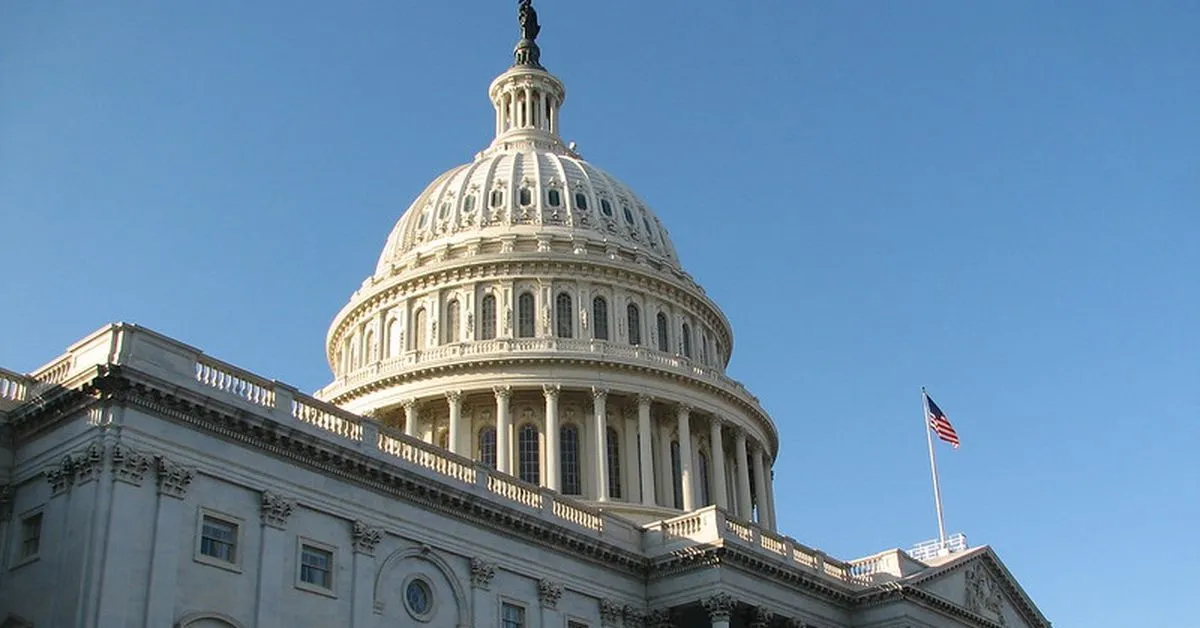House lawmakers have failed to reach a bipartisan deal on stablecoins legislation, with Financial Services Committee Chair Patrick McHenry (R-N.C.) blaming White House intransigence for the stalemate while the panel’s top Democrat, Maxine Waters (D-Calif.), said it was McHenry who shut down the talks. The news comes a day after the finance-focused lawmakers advanced three bills on crypto issues to a vote in the full House of Representatives, the first time they advanced laws fully dedicated to the topic.
It was the White House’s unwillingness to compromise that has once again brought that negotiation to a halt, McHenry said, expressing his disappointment. Any U.S. stablecoin bill would also have to win support in the Democrat-led Senate, so a bill coming solely from House Republicans rather than a bipartisan effort may be less likely to influence that other chamber.
Waters said the bill was deeply problematic and bad for America, citing the lack of oversight from the Federal Reserve and lack of provisions on diversity and inclusion. I urge Republicans to pull this extremist piece of legislation from the markup and your culture wars, she added. During the debate, Stephen Lynch (D-Mass.) suggested voting be postponed to September, saying Democrats hadn’t had sufficient chance to pitch their ideas.
The Clarity for Payment Stablecoins Act was introduced by McHenry (R-N.C.) last week, and it seeks to offer a regulatory framework for crypto tied to the value of fiat currency. Rep. Bill Foster (D-Ill.) argued that Republicans have been defending the ability to make anonymous payments, saying that promoting self-hosted wallets would aid rogue regimes. McHenry has previously warned that rival jurisdictions are ahead of the game on regulating crypto. Last week journalists reported that a bipartisan grouping of Senators is pondering a rival bill that would put stringent anti-money laundering (AML) requirements on decentralized finance (DeFi) protocols, in effect treating them like banks.
